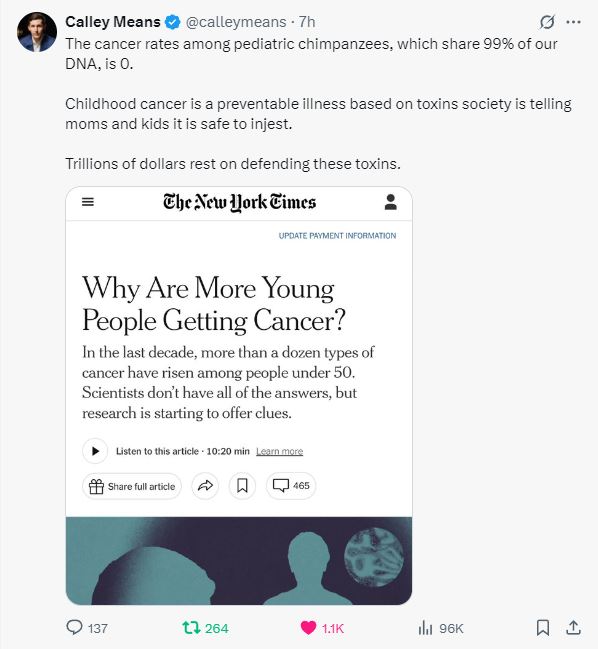

Tom's Blog on Life and Livingness
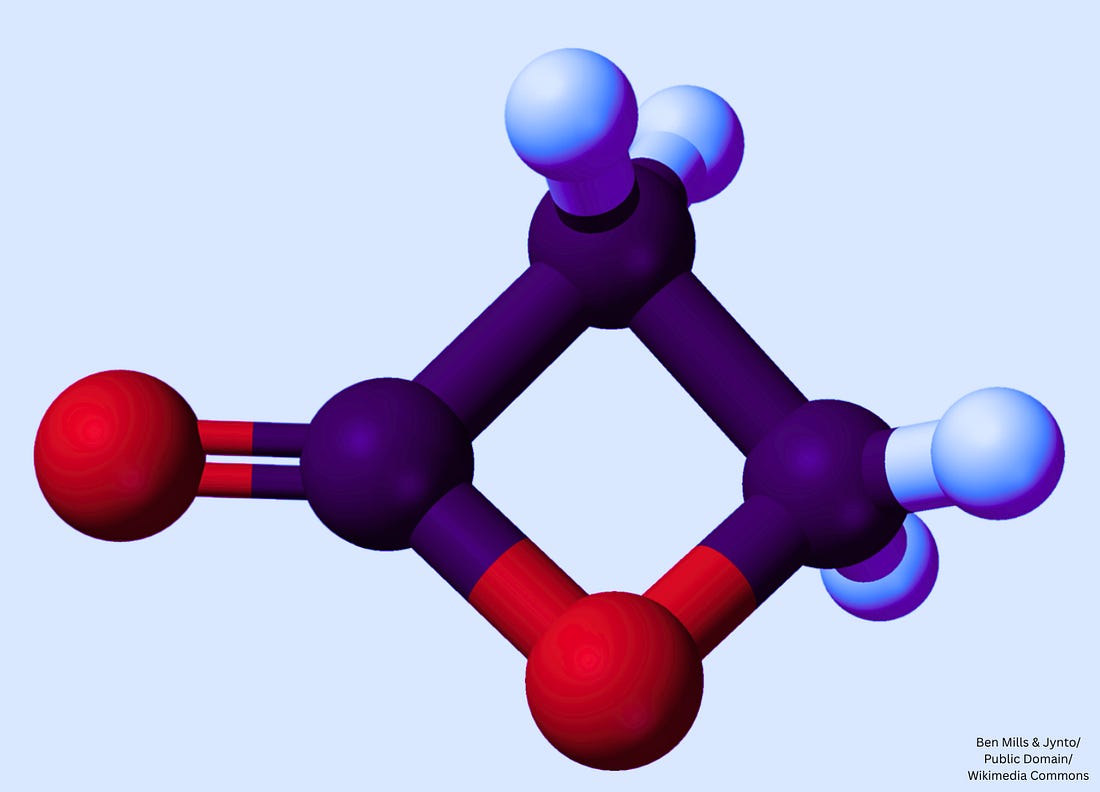
The chemical used in the Trump administration’s new ‘Generation Gold Standard’ bird flu vaccine platform—beta-propiolactone (BPL)—is classified as a ‘Group 2B’ carcinogen by U.S. regulators (meaning the substance is possibly cancer-causing in humans) and as a ‘Group 1B’ carcinogen in Europe (meaning it’s presumed to cause cancer in humans).
A carcinogen is any substance or agent capable of causing cancer by damaging a cell’s DNA and leading to uncontrolled cell growth.
The revelation follows this website’s report that the U.S. National Institute of Allergy and Infectious Diseases (NIAID)—under Dr. Jeffery Taubenberger’s direction—has been funding the creation of chimeric, lab-engineered bird flu viruses in American and foreign laboratories, even as Taubenberger himself is named on a federal patent for the very BPL-utilizing bird flu vaccine platform those experiments are designed to justify.
A May 2025 government press release announced the multi-million dollar BPL platform will be used to generate bird flu pandemic vaccines:
The U.S. Department of Health and Human Services (HHS) and the National Institutes for Health (NIH) today announced the development of the next-generation, universal vaccine platform, Generation Gold Standard, using a beta-propiolactone (BPL)-inactivated, whole-virus platform.
This initiative represents a decisive shift toward transparency, effectiveness, and comprehensive preparedness, funding the NIH’s in-house development of universal influenza and coronavirus vaccines, including candidates BPL-1357 and BPL-24910. These vaccines aim to provide broad-spectrum protection against multiple strains of pandemic-prone viruses like H5N1 avian influenza and coronaviruses including SARS-CoV-2, SARS-CoV-1, and MERS-CoV.
https://open.substack.com/pub/jonfleetwood/p/deadly-cancer-causing-chemical-bpl
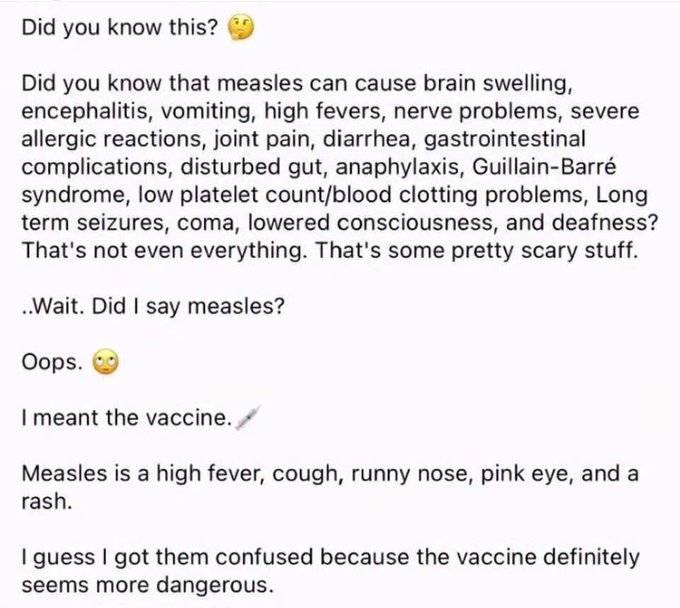
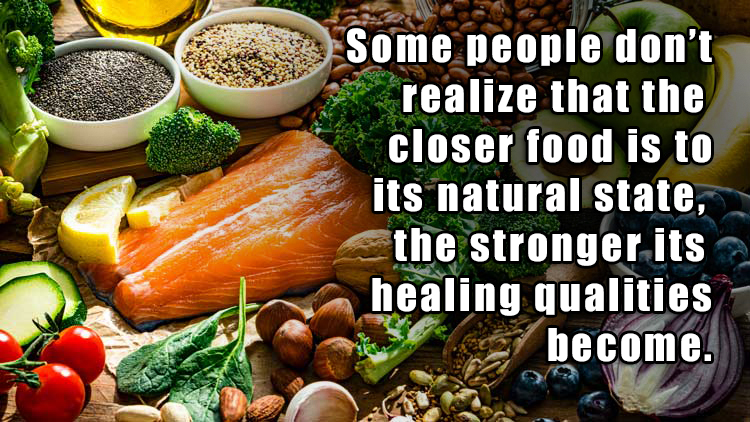
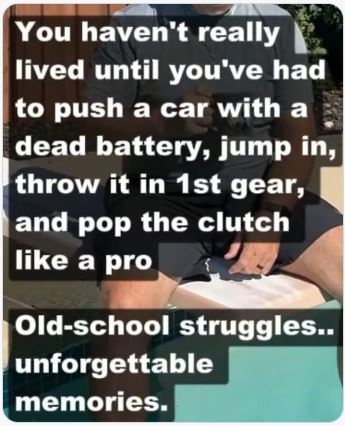
What the science actually says:
1. It recharges your cells.
Your cells have “power plants” called mitochondria.
Red light helps them make more fuel (ATP), which supports faster repair and less inflammation. (de Freitas & Hamblin, 2016)
2. It’s been proven to help pain fast.
In a major study published in The Lancet, patients with chronic neck pain saw measurable relief after one session, with continued improvement over time. “Low-level laser/light therapy reduced pain immediately after treatment in acute and chronic neck pain.” (Chow et al., 2009)
3. It’s safe and simple.
Used correctly, it’s one of the most well-tolerated therapies available. No chemicals. No downtime. (Avci et al., 2013)
Peer-Reviewed Evidence & Insights
Neck pain (meta-analysis):
Chow, R. T., Johnson, M. I., Lopes-Martins, R. Á. B., & Bjordal, J. M. (2009). Efficacy of low-level laser therapy in the management of neck pain. The Lancet, 374(9705), 1897–1908. https://pubmed.ncbi.nlm.nih.gov/19913903/
Osteoarthritis pain/function:
Bjordal, J. M., et al. (2007). A systematic review of low level laser therapy in osteoarthritis. BMC Musculoskeletal Disorders, 8, 51. https://pubmed.ncbi.nlm.nih.gov/17587443/
Mechanisms & safety (review):
de Freitas, L. F., & Hamblin, M. R. (2016). Proposed mechanisms of photobiomodulation. Photobiomodulation, Photomedicine, and Laser Surgery, 34(8), 360–368. https://pubmed.ncbi.nlm.nih.gov/26931865/
Avci, P., Gupta, A., Sadasivam, M., & Hamblin, M. R. (2013). Low-level laser (light) therapy in skin: Stimulating healing, modulating inflammation, and rejuvenation. Seminars in Cutaneous Medicine and Surgery, 32(1), 41–52. https://pubmed.ncbi.nlm.nih.gov/24049929/
Finish reading: https://webinars.ultraluxhealth.com/redlight-reg-panacea/?a_aid=panacea
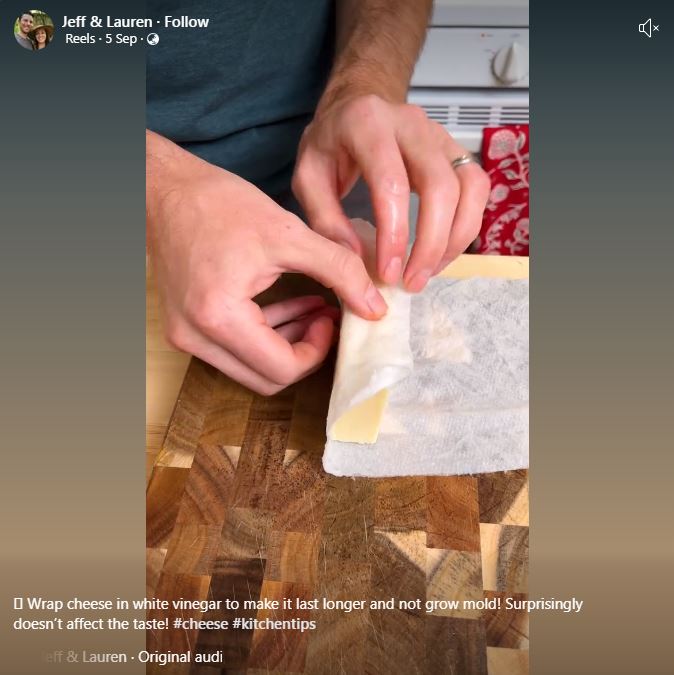
Wish I’d learned THIS one 60 years ago!
Click to view the video: https://www.facebook.com/share/r/19fefvWz2q/
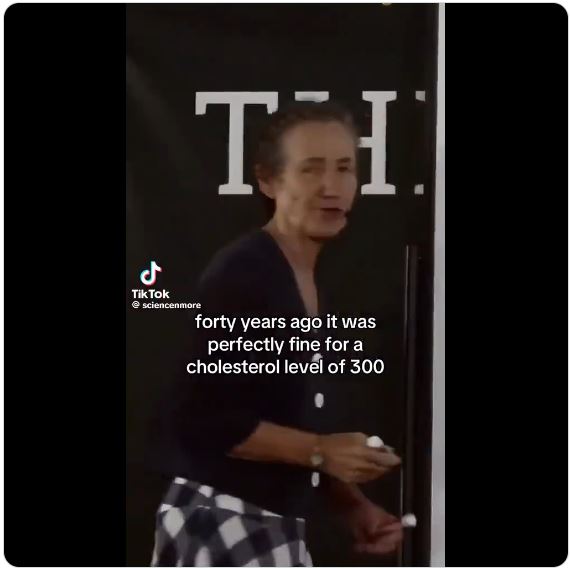
“We Consider The Cholesterol Level Of 350 Perfectly Fine.”
Barbara O’Neill
“Now, Doctors Want You Down To 150″…Every Time The numbers Are Lowered, Millions More People ‘Need’ Drugs.
That’s Not Health Care, That’s Greedy Marketing.
Statins Are A $22 Billion Dollar Industry.
Dr Uffe Ravnskov, world renowned Lipidologist, “For half a century, a high level of total cholesterol (TC) & low-density lipoprotein (LDL-C) has been considered to be the cause of atherosclerosis & cardiovascular disease (CVD), & statin treatment has been widely promoted for cardiovascular prevention.
“The Cholesterol Hypothesis was falsified & has been unequivocally proven as false. The Framingham Heart Study failed to prove that cholesterol causes heart disease…in fact it proved the opposite. The findings of the 30year study actually shows that when cholesterol is lowered…mortality INCREASES.”
“The hypothesis that high total cholesterol causes CVD was introduced in the 1960s by the authors of the Framingham Heart Study. However, in their 30-year follow-up study published in 1987, the authors reported that ‘For each 1 mg/dl drop in total cholesterol per year, there was an 11% increase in coronary & total mortality’.
“If high LDL-C was the major cause of atherosclerosis & CVD, people with the highest LDL-C should have shorter lives than people with low values. However, in a recent systematic review of 19 cohort studies including more than 68,000 elderly people (>60 years of age), we found the opposite. In the largest cohort study, those with the highest LDL-C levels lived the longest.”
“In a systematic literature review of all statin trials that presented all-cause survival curves concluded that statin therapy only extends life by 3.2 days.”
“So I make no mistake by saying that long term treatment with a statin is an iatrogenic mitochondrial disease…a physician caused death. Physician’s have broken their oath to ‘first do no harm’ by prescribing the deadly cholesterol lowering statin that is causing Parkinson´s disease, Alzheimer´s, chronic fatigue, cardiomyopathy, diabetes, fibromyalgia, kidney disease, unexplained heart failure, multiple sclerosis, epilepsy, etc.”
There are no benefits in taking a cholesterol lowering statin. It is harmful to every cell in the body to lower cholesterol, which is the building block to every cell membrane.
Statins cause a litany of side effects that will cause sickness & a low quality of life. Statins do not lower Cardiovascular Risk or Disease, Stroke, Heart Attack or Mortality. Statins cause more death.
Chronic Conditions Caused By Statin Drugs:
Liver Inflammation & Damage
New Onset Type 2 Diabetes
Heart Failure
Vertigo & Dizziness
Cognitive Impairment
ALS (Lou Gehrig’s Disease)
Aphasia
Dementia & Alzheimer’s Disease
Cancer
Pancreas Inflammation
Parkinson’s Disease
Muscle Tearing & Pain (Rhabdomyolysis)
Fatigue & Weakness
Neuropathy
Hormone Deficiency
Brain Damage
MS Multiple Sclerosis
Clinical Depression
Elderly With High LDL Live The Longest
https://bmjopen.bmj.com/content/bmjopen/6/6/e010401.full.pdf
The Higher Your LDL, The Longer You Live
https://meddocsonline.org/annals-of-epidemiology-and-public-health/the-LDL-paradox-higher-LDL-cholesterol-is-associated-with-greater-longevity.pdf
Statins Extend Life Only 3.2 Days
https://pubmed.ncbi.nlm.nih.gov/26408281/
Click to view the video: https://x.com/ValerieAnne1970/status/1976525994170163642